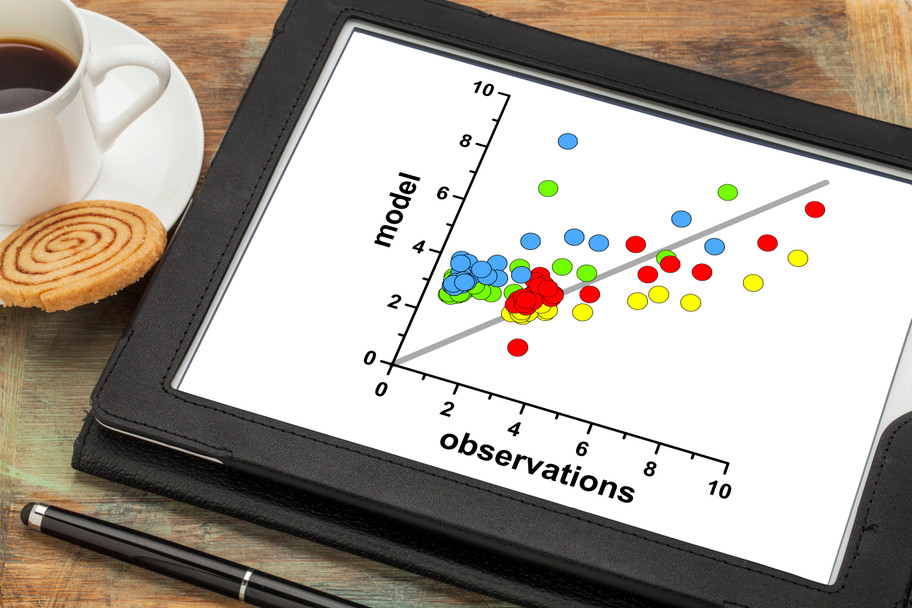UKGC report highlights link between specific activities and problem gambling

Imago
The UK Gambling Commission (UKGC) have published a deep dive into its recent 'Gambling Survey for Great Britain Annual Report', published last summer. The deep dive explores possible links between specific gambling activities and the problem gambling severity index (PGSI). While the Commission finds that there are relationships between types of gambling and PGSI scores, the level of gambling involvement is a more important factor.
The UKGC is publishing a series of deep dives into figures received during the Gambling Survey Annual Report for Great Britain (2023). The original survey looked at the demographics and other aspects of gamblers in the UK. It also aimed to determine the most common forms and types of gambling, the reasons people gamble, and the consequences that gamblers face. The gambling survey was completed by nearly 10,000 people. It found that:
- 48% of adults gambled monthly.
- 27% of adults gambled monthly when excluding lottery players.
- 52% of males and 44% of females gambled monthly.
- The National Lottery (31%), other lotteries (16%) and scratchcards (13%) were the most common types of gambling.
This latest deep dive looks at the direct impact that gambling engagement level has on the PGSI score. According to the group’s findings, certain forms of gambling are more closely associated with higher PGSI scores.
The problem gambling severity index is a measure of gambling behaviours and consequences. There are nine questions, each with a four-point scale and scores can range from 0 to 27. A score of 8 or higher is considered to indicate a problem gambler who has experienced negative consequences from their gambling.
According to the UKGC’s most recent findings, players who participate in casino gaming, slot machine gambling, sports or racing betting and non-National Lottery lottery playing, are most likely to have a score of 8 or higher on the PGSI. However, according to the Commission, it is important to also take into account the level of engagement players have.
Players who only participate in charity lotteries, National Lottery scratchcards, online sports betting, football pools, or bingo, without participating in other forms of gambling are not more likely to register a higher PGSI score than other gamblers. The Commission also highlights the fact that while gambling type is an important consideration, gambling engagement remains an important factor.
Gambling engagement level is the frequency and level of gambling undertaken. Players who gamble on multiple different game types are also more likely to score higher on the index.
The Commission has said that the findings of the report build on previous research but use up-to-date data. Specifically, the survey takes into account the different forms and levels of availability of modern gambling. Online gambling is more prominent than ever before, for example, since mobile betting has also become more widespread.
The UKGC aims to use its findings to help drive regulations. They have said that the raw data from the original survey has been passed to the UK Data Service and will be released within the next six weeks.
To learn more, visit our responsible gambling page which also offers resources and advice on where to seek help if needed.






 Gambling Commission make “unprecedented” error in ongoing £200m lottery case
Gambling Commission make “unprecedented” error in ongoing £200m lottery case
 Gambler fights Paddy Power over payment of £1.1m 'monster jackpot'
Gambler fights Paddy Power over payment of £1.1m 'monster jackpot'
 BetMGM FY2024 report: iGaming revenue grows, but retail betting is slashed by 36% from H1 to H2
BetMGM FY2024 report: iGaming revenue grows, but retail betting is slashed by 36% from H1 to H2
